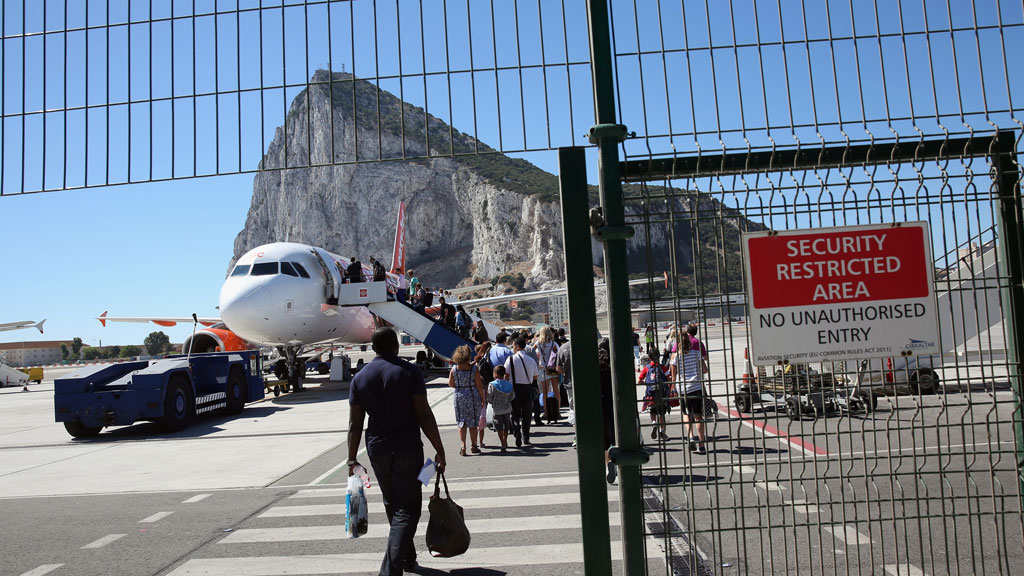No Spanish concessions in Gibraltar row
Spain’s prime minister says he will take “all legal measures” to protect his county’s interests in Gibraltar – dashing hopes of a quick solution in the dispute with Britain.

After signs of movement towards rapprochement over Gibraltar, Britain and Spain are at loggerheads once more. The Spanish Prime Minister Mariano Rajoy now says he is keeping all his options open – and is prepared to take action over the disputed territory.
Mr Rajoy insisted he was continuing to pursue a diplomatic option, taking part in peace talks with Britain after a week of tension, which was sparked by a row over an artificial reef which Spain claimed would restrict access for its fishing boats.
According to Bloomberg, Mr Rajoy discussed the issue with the Spanish king, Juan Carlos, this afternoon. “Our priority is to talk through the issues, to negotiate and reach an agreement that is sensible and civilised,” he said.
Downing Street said the British position was “quite clear”, after David Cameron’s phone call with his Spanish counterpart on Wednesday in which he told him the situation at the border was “not acceptable”.
Read more: why are we still arguing about Gibraltar?
Triggering tensions
Britain’s ambassador to Madrid made a formal protest after Spain triggered long delays at the border by imposing stringent checks, as well as threatening to impose a special charge on vehicles crossing the frontier, and to close its airspace.
Yesterday Number 10 said it would send a fleet of warships to Gibraltar, although a spokesman said the ships would just be making a routine stop on the way to planned naval exercises in the Mediterranean, and Spain had not expressed any concern about the mission.
However Gibraltar’s Chief Minister Fabian Picardo has been far more outspoken, comparing the Spanish actions to those of the regime in North Korea. He told the Daily Telegraph on Thursday that he would be delighted to welcome the Royal Navy when the warships dock off the territory later this month.
Spain has insisted that all procedures at the border are completely propotionate, and in keeping with the European Union guidelines on free movement. So far, there are no references to making any concessions.